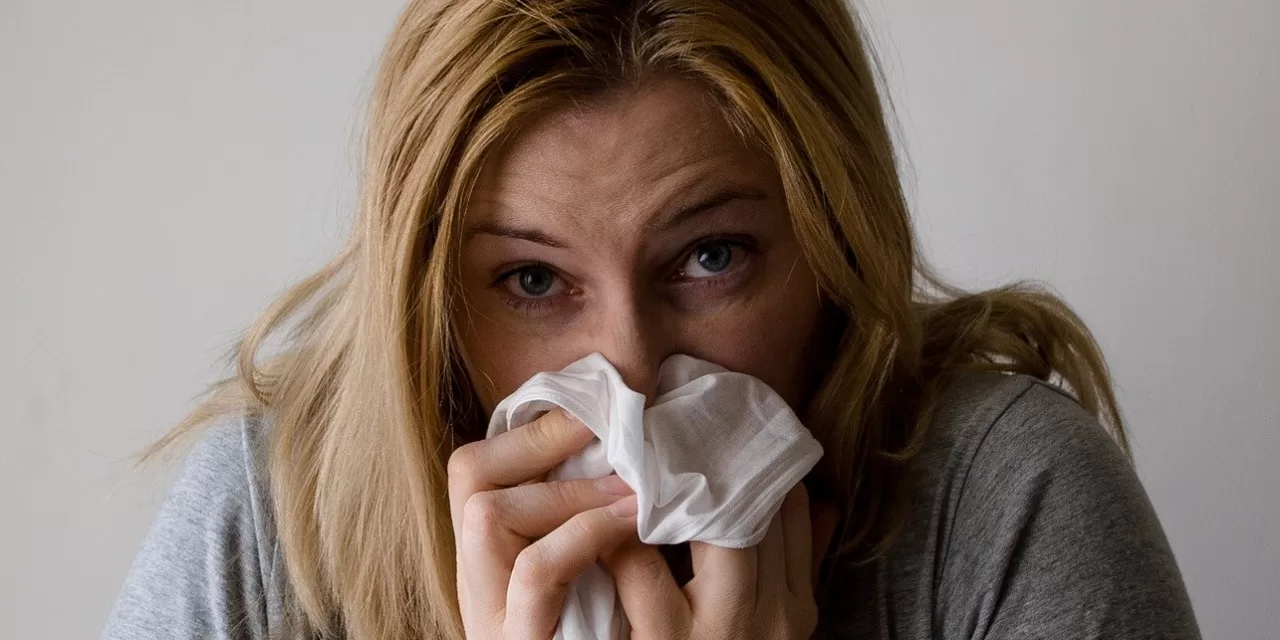Flu season is in full swing, with cases on the rise across the country. As temperatures drop and people gather indoors, respiratory infections like the flu and norovirus—often referred to as the “stomach flu”—are making their rounds. Health experts emphasize the importance of taking preventive measures to protect yourself and your loved ones.
Dr. Priya Soni, a pediatric infectious disease specialist at Cedars-Sinai Guerin Children’s Health Center in Los Angeles, shares valuable insights on what to expect this flu season and how to stay healthy.
Flu Season: What’s Happening This Year?
Flu season typically peaks between January and February, and this year is no exception. While flu activity is on par with last season, the rapid spread of the virus calls for vigilance. The flu typically comes on suddenly and is characterized by symptoms such as:
- High fever
- Chills
- Body aches
- Headache
- Fatigue
- Nasal congestion
- Sore throat
Most flu cases can be managed at home, but certain warning signs indicate when medical attention is necessary. Dr. Soni advises that you seek care if you experience:
- A fever lasting more than three to five days
- Worsening cough or shortness of breath
- Signs of dehydration such as dizziness, dry mouth, or less frequent urination
- A new fever after initial recovery, which could signal a secondary bacterial infection like pneumonia
Flu Vaccine: Is It Too Late to Get Vaccinated?
If you haven’t received the flu vaccine yet, don’t worry—it’s not too late. The vaccine remains one of the best defenses against the flu. “The flu vaccine reduces the severity of illness and lowers the risk of complications, especially for high-risk individuals such as young children, pregnant women, the elderly, and those with chronic medical conditions,” says Dr. Soni. Even though the vaccine might not be a perfect match for every flu strain circulating, it still provides partial immunity, helping to prevent severe illness and hospitalization.
Norovirus: The Stomach Flu Strikes
Alongside the flu, norovirus is also causing concern. Known as the “stomach flu,” norovirus is a highly contagious virus that causes nausea, vomiting, diarrhea, and stomach cramps. It can also lead to a mild fever. The virus spreads rapidly through contaminated food, water, and surfaces and is a leading cause of foodborne illness.
How to Stay Healthy During Virus Season
To reduce your risk of getting sick, it’s important to follow some basic precautions:
- Wash your hands frequently and thoroughly.
- Be mindful of close contact with high-risk individuals.
- Wear a mask in crowded or high-risk settings.
- Stay home if you’re feeling unwell to prevent the spread of infection.
As Dr. Soni advises, “Listening to your body is key. If you’re feeling sick, it’s important to rest and avoid spreading the virus to others.”
Stay Informed
For more detailed information on flu treatment, the U.S. Centers for Disease Control and Prevention (CDC) offers resources on prevention, symptoms, and when to seek medical care.
Disclaimer: The information provided in this article is for educational purposes only and is not a substitute for professional medical advice. Please consult a healthcare provider for advice specific to your situation.











